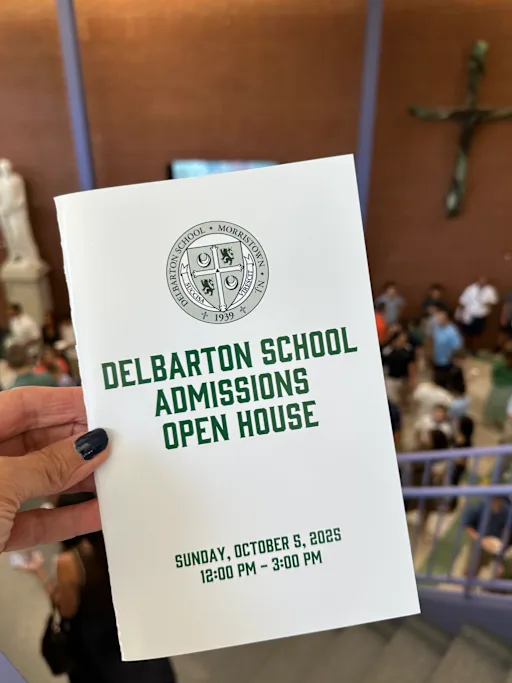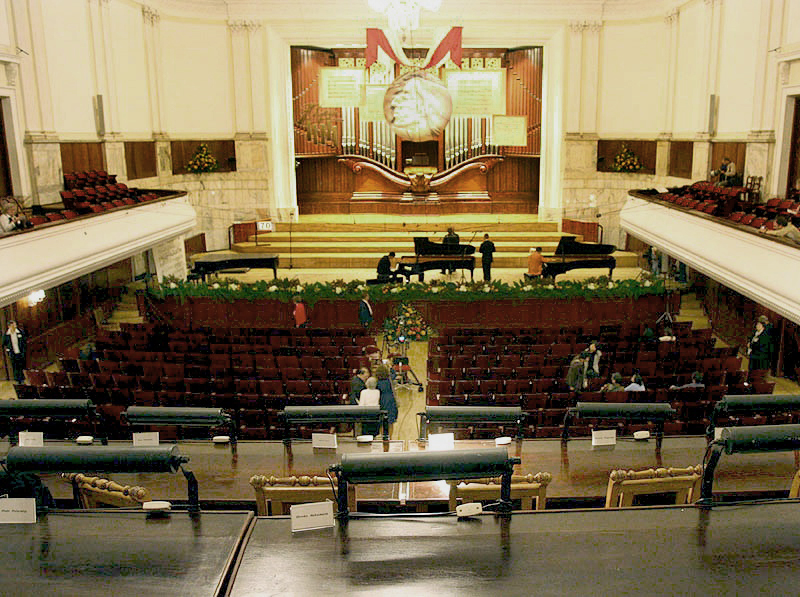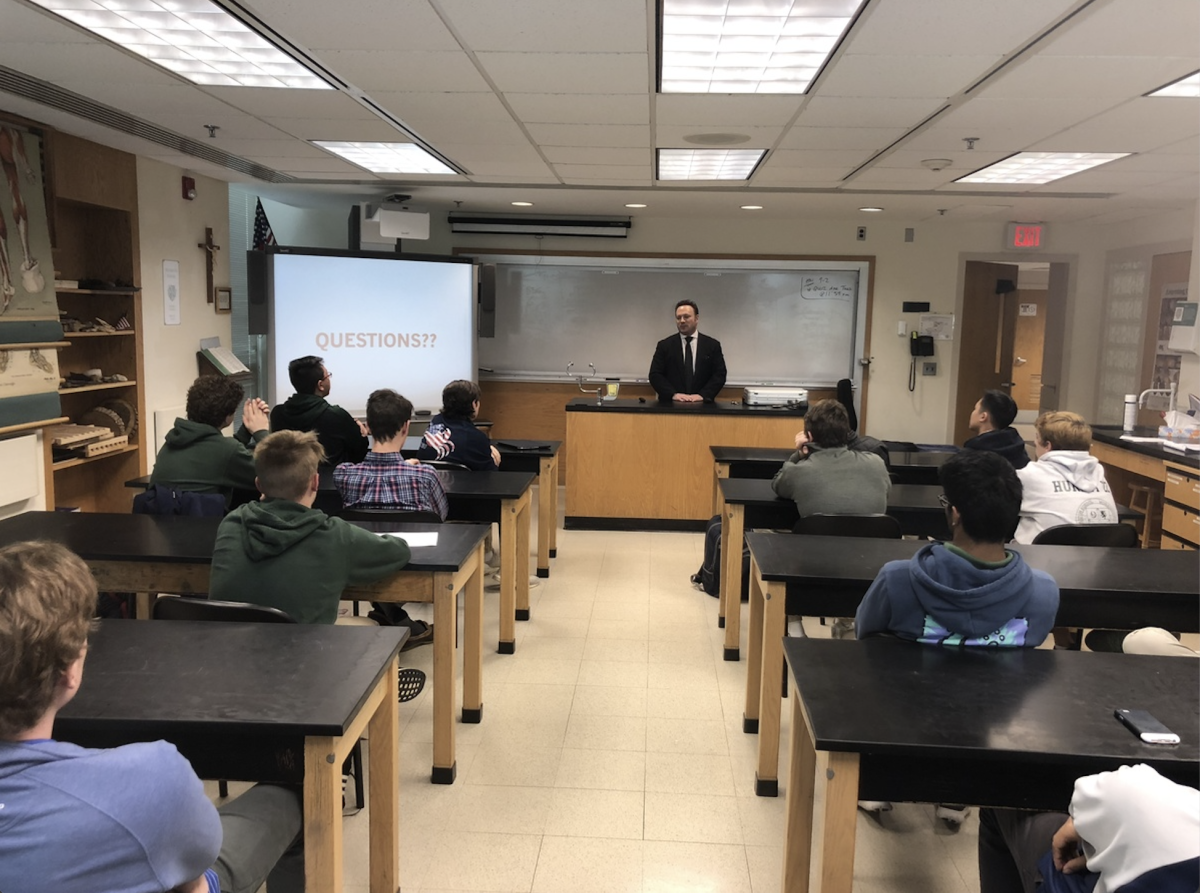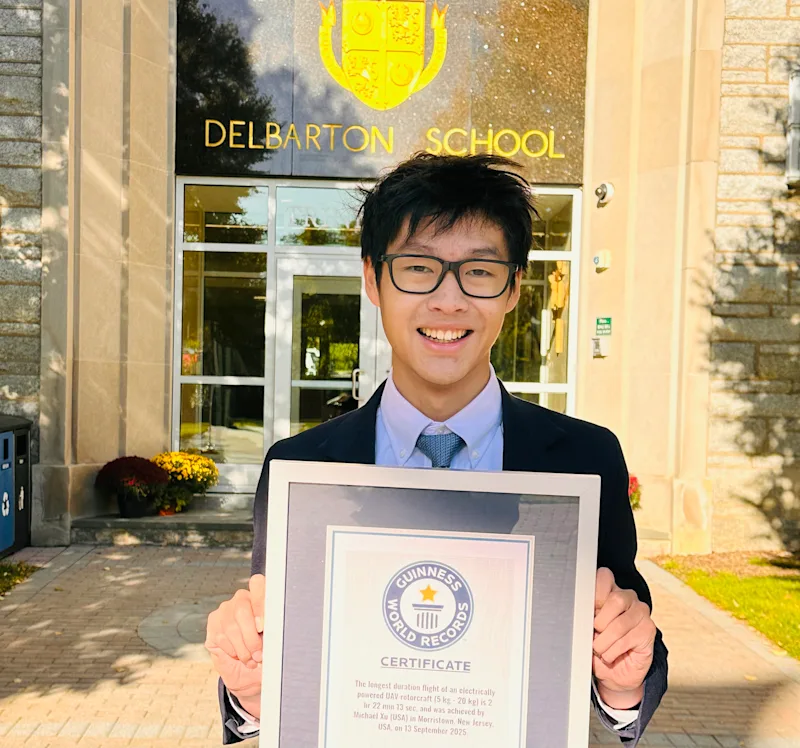Over the last few years, Delbarton students and faculty have hoped to introduce ways that students can engage in more meaningful club activities on a consistent basis despite their endless and various extracurricular commitments. One way the administration has dealt with the common pitfall is to create an Academic Resource Center where students can meet with teachers (by appointment) regarding any confusion they might have in particular class. Since Delbarton is an academically, artistically and athletically rigorous high school, it can be difficult for students to find common free blocks with teachers. Hence, the ARC is a great place for students to visit teachers during free periods, flex, homeroom, or even before and after school.
Despite the many options available to students to meet with teachers or collaborate with friends on assignments, the schedule did not allow ample time for clubs to meet during the school year except for early mornings or afternoons. For many athletes, it is extremely difficult to meet before or after school due to practices and workouts. Thankfully, Delbarton noticed this issue and implemenedt an all-new Activity Period for the 23-24 school year. Approximately twice a cycle, students have an extended 30-minute homeroom period (also new this year) to meet with clubs and participate in group activities. The subsequent Activity Period is called “Activity Period One or Two,” where other clubs meet. This gives students an opportunity to be a part of multiple clubs without missing meetings for each.
After speaking with student body president Abdiel Perde, it is clear that students at Delbarton appreciate the attempt to engage more students in extracurricular activities. Abdiel mentioned that he “think(s) it’s great” and “gives kids the opportunity to work with their clubs during the school day so someone can still play a sport or do the musical after school while being able to lead a club during the day.” He added that “it’s a great way to get students involved and allow everyone to truly do more for our community.” The majority of Delbarton students feel the same way. The versatility the Activity Period provides is beneficial to all different types of students and helps the student body do what they love.
However, administrators still have some concerns about students’ productive use of time during the period. The famous adage goes: “with great power comes great responsibility.” Each student has the responsibility to stay productive during the thirty minutes, but many do not. Rather than joining a club or getting a head start on homework, many students lurk around the Student Commons and talk to friends. While these are completely understandable and healthy interactions, Delbarton’s administration did not want this to be the result of adding an Activity Period. Dr. Donovan, Delbarton’s Admissions Director and leader of the Philosophy Club, expressed his frustration by strongly encouraging several students to join the club instead of “standing around.” He was visibly concerned that the majority of students were in common areas socializing rather than growing academically.
Though the Activity Period can greatly benefit those who use the time responsibly, the administration is theorizing ways to limit the rowdy behavior of those not participating in clubs. One proposal may be assigning each student to a club every Activity Period. Thus, every student will have a responsibility to be present at a specific location for the 30 minute period. In this case, a student could only leave the room if they would like to join another club meeting in a different classroom. This proposition would increase club activity and shut down access to common areas during the time that was created for academic purposes. Another suggestion would be to direct students to their homeroom if they are not participating in a club. In this way, if students were not involved in extracurriculars, they could still be in an academic environment with their homeroom advisor and, therefore, be productive. Despite its flaws, Delbarton’s Activity Period has been a welcomed and creative idea that increases participation without cutting into each student’s busy schedule.

































